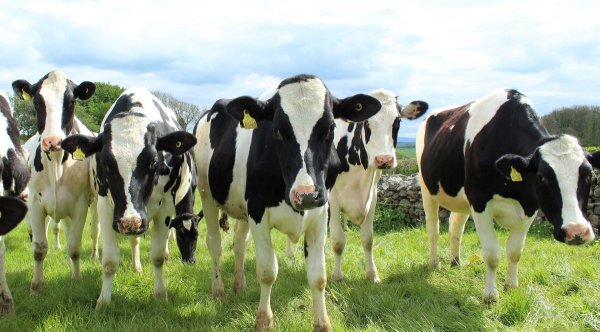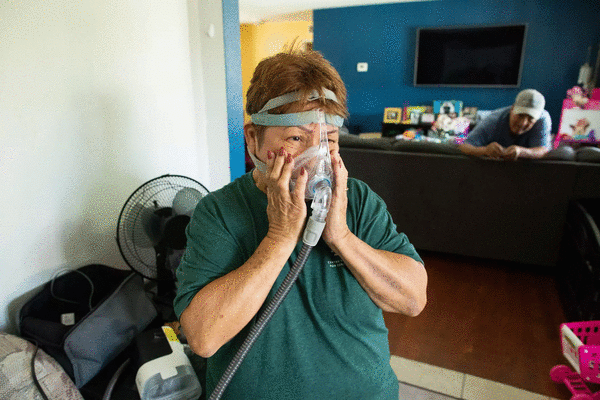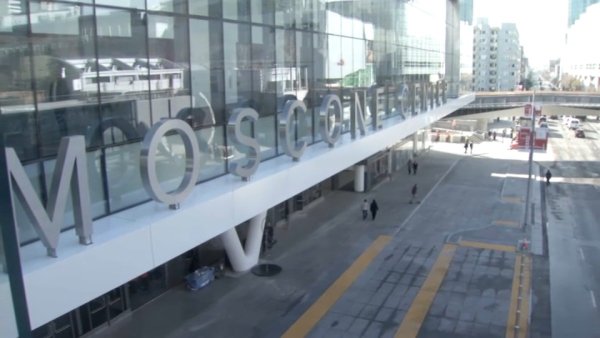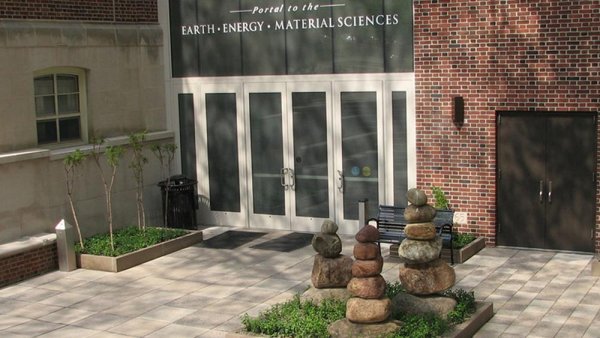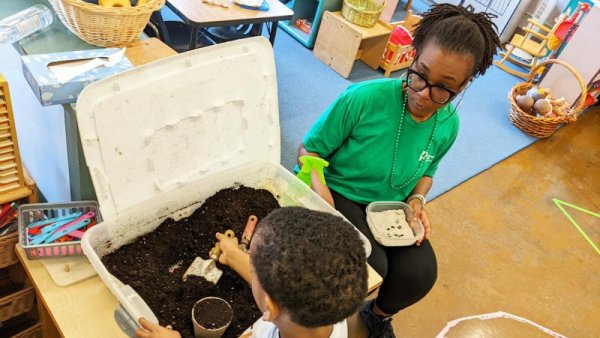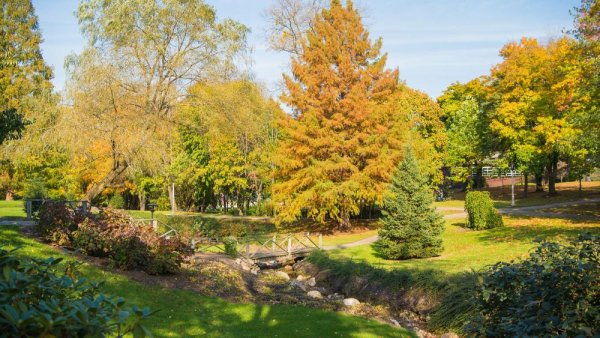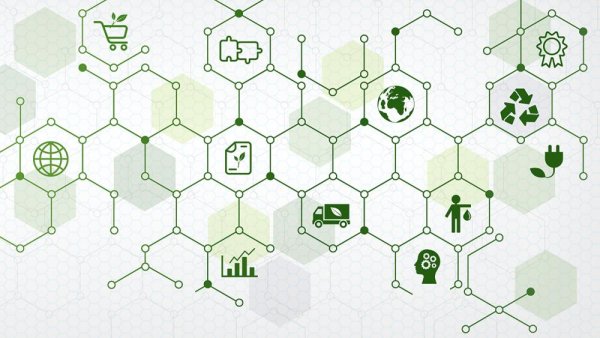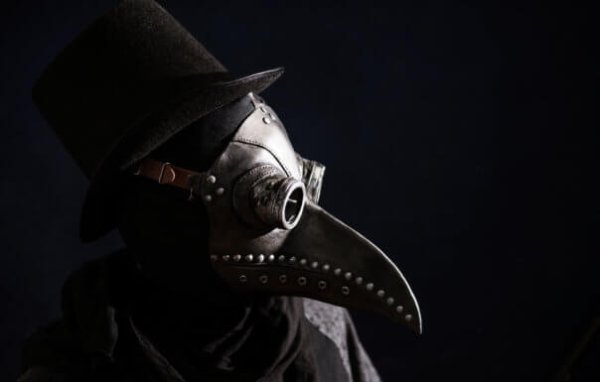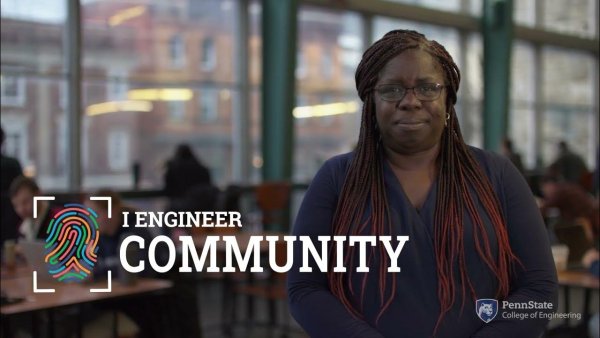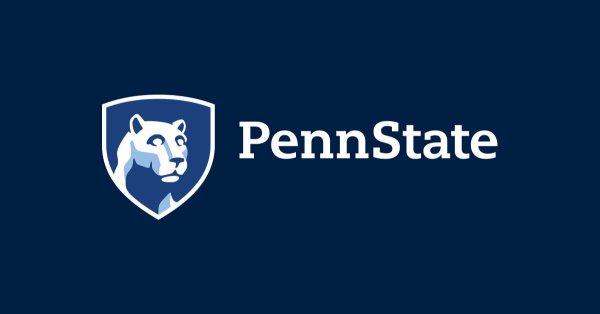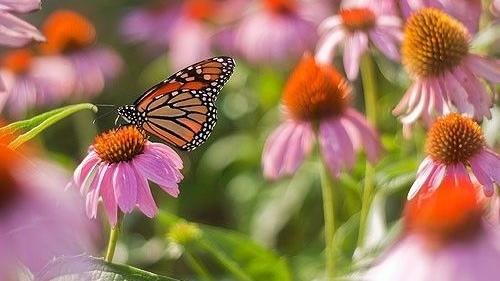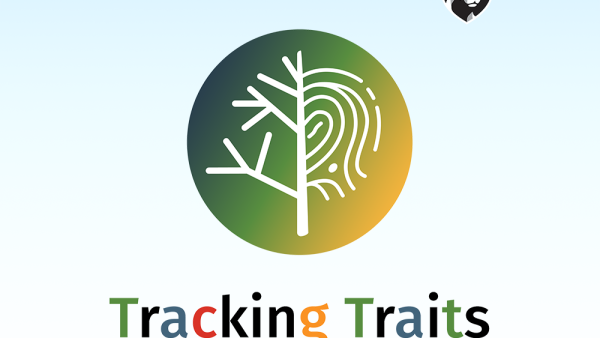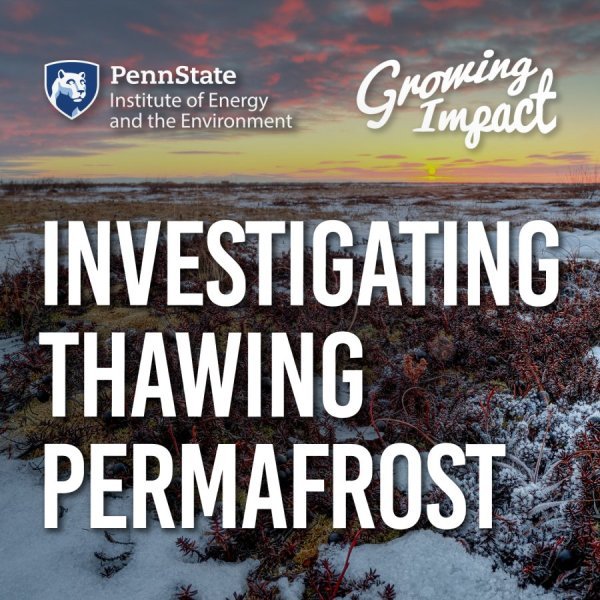California wants farms to capture methane from cow manure. Neighbors say it's killing them
| phys.org
California—the nation's leading dairy-producing state—is home to 1.7 million milk cows, which belch and excrete copious amounts of methane, a potent greenhouse gas capable of warming the atmosphere 80 times more than carbon dioxide over a 20-year period.
California wants farms to capture methane from cow manure. Neighbors say it's killing them
| arcamax.com
At a massive dairy farm in the San Joaquin Valley, nearly 14,000 Holstein cows crane their necks through feeding stalls and gnaw leisurely on alfalfa. This article, originally published by the Los Angeles Times, quotes Tom Richard, Professor Emeritus of Agricultural and Biological Engineering.
Climate in Crisis: AGU conference in San Francisco this week
| nbcbayarea.com
On Tuesday, one of the largest climate conferences in the country will kick off in San Francisco at the Moscone Center. This article and San Francisco-based broadcast TV segment quotes Erica Smithwick, Distinguished Professor of Geography.
New partnership provides access to education for energy-sector employees
| psu.edu
Penn State World Campus and the College of Earth and Mineral Sciences are partnering with Global Energy Transition to help workers in the energy industry pivot into new roles and careers during the transition from oil and gas to renewable sources.
Penn State Altoona alumna finds success in environmental education
| psu.edu
Recent recognitions for her work in environmental education are confirming to Chastity Bey that she is on the right career journey.
Seven Penn State campuses unite to launch Commonwealth Arboreta Network
| psu.edu
Seven Penn State campuses have created the Commonwealth Arboreta Network, a network that will inventory trees and plant life while sharing research and teaching resources, with the eventual goal of creating an arboretum at each of the University's 24 campuses.
Faculty invited to two virtual discussions on new sustainability program
| psu.edu
As part of the process of establishing a university-wide program in sustainability, Lee Kump, John Leone Dean in the College of Earth and Mineral Sciences, and Lara Fowler, chief sustainability officer and director of Penn State Sustainability, will be hosting two virtual discussions, on Dec. 18 and Jan. 5, for interested faculty to learn more about the opportunity.
Black Death 700 years ago may be the reason people love junk food now
| studyfinds.org
The Black Death, also known as the Second Plague Pandemic, eradicated up to 60 percent of Europe’s population in the mid-14th century. Now, researchers say this plague might be responsible for our love of junk food today. Their study finds this devastating event not only altered history’s course but may also have led to changes in the survivors’ diet and hygiene — influencing the human oral microbiome’s composition. This article quotes, Laura Weyrich, Associate professor of anthropology.
Tonya L. Peeples: "I Engineer Community"
| youtube.com
Drawing on her personal journey as a student and faculty member, Tonya L. Peeples, the Harold and Inge Marcus Dean of Engineering, sheds light on the importa...
Applications open for clinical and translational science training programs
| psu.edu
Penn State Clinical and Translational Science Institute is now accepting applications for its 2023-2024 Translational Research Training Program and summer 2024 Translational Science Fellowship Program.
Music, theater students team with Center for Pollinator Research on project
| psu.edu
A semester-long collaboration between schools of Music and Theatre students and the Center for Pollinator Research will culminate with students performing original compositions at a public concert during the spring 2024 semester.
Podcast unpacks legal questions prompted by scientific breakthroughs
| psu.edu
In the latest episode of the Tracking Traits podcast, Penn State assistant professor of Law, Policy and Engineering Jennifer Wagner explains some of the legal challenges presented by the rapid acceleration of science and technology.

